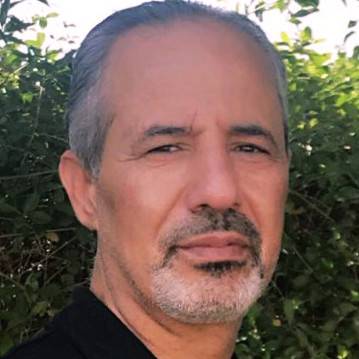On January first, it will be 50 years since the start of the modern Palestinian revolution; and on the 15th it will be 10 years since Mahmoud Abbas was first, and last, elected as the President of the Palestinian Authority (PA).
Two years after becoming a non-member UN state, the PA is circulating a UN Security Council draft resolution to set a time frame for full Israeli withdrawal and the establishment of an independent Palestine. On the other hand, France appeared to posit a European-led alternative resolution emphasising on restarting negotiations rather than specifying an end for occupation.
Last week and following the murder of its minister, the PA threatened to stop security co-ordination with Israel. This week in Algeria, President Abbas reiterated the same if the UN failed to put an end to Israeli occupation.
A little over a year ago, Secretary of State John Kerry succeeded in cajoling the PA to go back to the negotiation table promising to make every effort ‘…to reach a final status agreement, not an interim agreement’ in nine months.
The PA agreed with the understanding that Israel would unofficially limit building new Jewish-only colonies and release, although on batches, 104 Palestinian prisoners held from before the Oslo Accord.
In turn, the PA agreed to hold off from joining new UN organisations during the negotiations.
Soon after it started, Israel issued permits to build new Jewish-only homes in occupied east Jerusalem. Following Palestinian protests, Israel’s response to Kerry’s team was that Israel did not consider east Jerusalem as part of the West Bank.
The inept at best, or colluding US mediators told the Palestinians, to the effect, that east Jerusalem wasn’t specifically mentioned in the agreement. It would be worth noting that the American team was led by Martin Indyk, a known Zionist, who for many years, was on the payroll of AIPAC and other Israeli think tanks in Washington.
The PA kept quiet, talks continued and after each release of a group of Palestinian prisoners, Israeli issued a batch of illegal Jewish-only homes in occupied West Bank. Self-professed Palestinian chief negotiator Saeb Erekat angrily told his impassive Israeli counterpart, ‘We agreed on prisoners for no UN, not prisoners for settlements.’
Yet, the exercise continued and with every release of prisoners ‘” held as hostages now to keep the sham negotiations going ‘” Israel gobbled up more illegal land.
At the end, Israel reneged on releasing the last batch of prisoners and instead of forcing Israel to keep its commitment, the US sought to convince the PA to extend the negotiations.
Needless to say, nine months later, Israel built more than 15,000 Jewish-only homes on Palestinian occupied land, the US did not deliver what it promised and the PA failed to act on its threat of joining UN organisations. To placate internal opposition, Abbas theatrically signed applications to join 15 irrelevant UN organisations such as the anti-corruption protocol. The highly talked about International Criminal Court (ICC) was conspicuously absent from the list.
Hitherto and with upcoming elections, the Israeli government is likely to pander to the anti-peace camp by issuing new illegal Jewish-only homes. In a repeat of the same history, the US is likely to pressure the PA to hold back in the hope that a more moderate Israeli government is elected.
But if the Americans are genuinely interested in a moderate coalition, then they should not reward the current right-wing government by blocking the UN vote to end the Israeli occupation.
If not, the PA should stop dilly-dallying and sidestep the US’ throttled UN Security Council by signing the Rome Statute to become a fully-fledged ICC member. Otherwise by its inaction, the Palestinian leadership risks history’s final verdict of being an accessory for surrendering all of Palestine.
The views expressed in this article belong to the author and do not necessarily reflect the editorial policy of Middle East Monitor.








